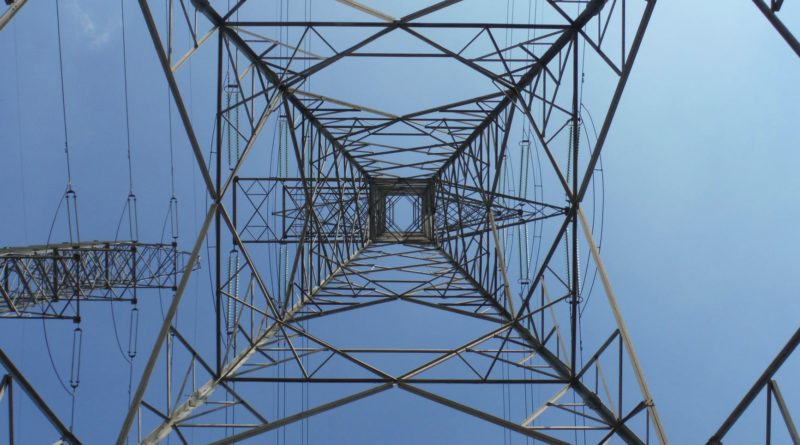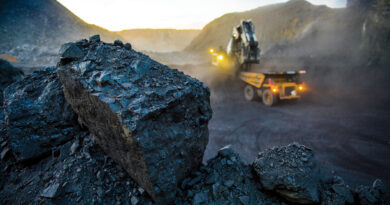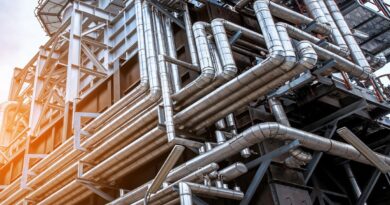Energy crisis: “South Africa is de-industrialising”
Executive member of the National Energy Regulator of South Africa (Nersa) Nhlanhla Gumede briefing press reporters said a weakening in electricity demand among high power-consuming industries has shown that power costs were very much at the centre of South Africa’s economic difficulties.
His speech comes after Statistics South Africa released GDP figures for the first quarter of 2020 which showed that the economy contracted by 2%, extending the country’s recession.
While everybody agrees that the Covid-19 virus and following lockdown are going to deal a bad blow to the economy in coming months, load shedding was the biggest wrongdoer when the economy contracted in the final quarter of 2019 and the first quarter of 2020.
Stats SA’s report states the mining and quarrying industry declined by 21.5% in the first quarter while the manufacturing industry constricted by 8.5% during the same period, extending the country’s recession. Out of the ten manufacturing divisions, seven reported negative growth rates in the first quarter, Stats SA said.
“My view is South Africa is de-industrialising. Sectors that are electricity dependent are showing a decline in demand. Mining, manufacturing and smelting are suffering, and electricity is playing a significant role,” said Gumede.
He emphasised that, with the arrival of Covid-19 and the ongoing recession, Eskom faced a challenge because electricity sales that Eskom has projected were unlikely to be realised. The demand for electricity has obviously dropped, and that means lower revenue. It is too soon to say how by how much.
“This year we will see a worse year because of Covid-19, as sales will be significantly lower than projected. We would then see them ask if they can hike and we would apply our principle to determine if it’s possible,” said Gumede.
According to Gumede, South Africa’s economy had still prominent mining and manufacturing sectors, which meant the economy had to make sure to avoid the escalation of electricity costs.
Gumede said: “Our economy remains a minerals and minerals processing economy. If you look at the sectors there, they are heavily dependent on electricity. I am not saying this is all because of electricity, but electricity plays a very significant role.”
“In the gold sector in the past (2005), electricity was not really a major driver – just under 12%. But as late as 2014, the electricity costs, despite industry gains, have become a significant cost driver. Combined with labour costs and other costs, it raises questions about sustainability,” Gumede concluded.




